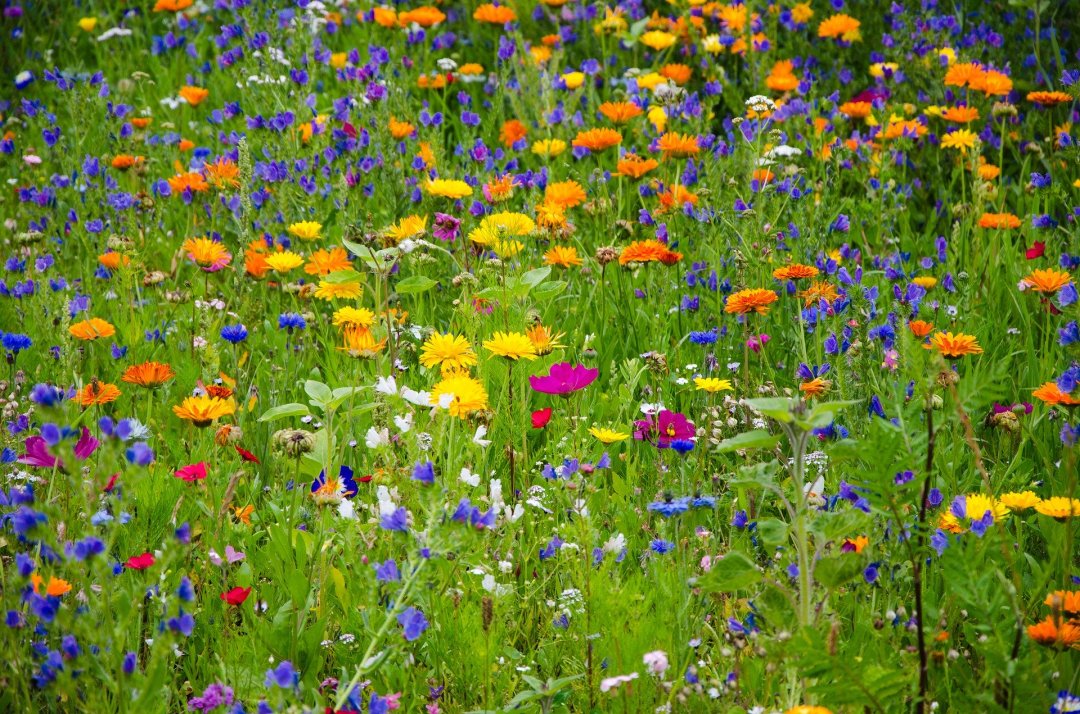Father’s Day 21st June 2020
A number of our road verges and parts of our greenspaces have been left uncut over the last few months. This is part of the Council’s initiative to create meadows for wildflowers, pollinators, butterflies and the wealth of other species that live in this wonderful habitat.
My own, tiny, garden meadow is still thriving and is full if a good variety of species. This includes the Broad Leaved Willowherb, a tall delicate plant, with pink flowers, that is very common in meadows across Kent. There are many different species of Willowherb and as their name suggests most can be found in marshes, fens and river banks. One related species is the Rosebay Willowherb. This is one of those colonising species which is among the first to grow on bare or waste ground. It always reminds me of my dad who grew up as a teenager in Manchester during the war. He always called it Bombsite Weed, for very obvious reasons.
I love the stories of our wildflowers. Their names and old uses are full of meanings, many of which have been lost in the mists of time.
The Oxeye Daisy, which covers our road verges at this time of year, is called this for obvious reasons and its Latin name, Leucathemum, comes from the Greek “leucos,” meaning white. It is the largest of our daisy flowers and the French once used it to predict romantic liaisons. It is thought to be the original, “she loves me, she loves me not” flower and was dedicated to Artemis, the Greek goddess of the Moon!
Another favourite roadside flower is the Cow Parsley. The flowers create clouds of white along our roadsides and it is actually a member of the carrot family. It has the much older name of Queen Anne’s Lace as it was supposed to be the flower that reflected the beauty of the lace worn by the queen and her ladies in waiting.
One of the great writers about flowers and their uses was Nicholas Culpeper. He was a 17th century cleric and herbalist who wrote the famous Culpeper’s Herbal and spent most of his life outdoors cataloguing hundreds of medicinal plants. He was quite a character disapproving of other writers of his time and preferring to consult with his brothers, Dr. Reason and Dr. Experience, relying on the advice of Dr. Diligence and his friend Mr. Honesty!
There is a great joy to be found in meadows and wildflowers. Just the other day at a small park in Chatham I found a Pyramidal Orchid, not particularly rare for Kent but nationally very important. For one of my longer walks I recently went to Shorn Country Park and the Marsh Orchids are in flower there at the moment.
As we know there is a serious side to our efforts to grow meadows and protect our native wildflowers. Having small urban greenspace meadows may not seem very important on a global scale, but don’t forget that about 97% of our wildflower meadows across the country have disappeared in the last 100 years. Anything we can to do to redress this problem is vitally important.
We can save our wildlife one garden and one roadside verge at a time!

